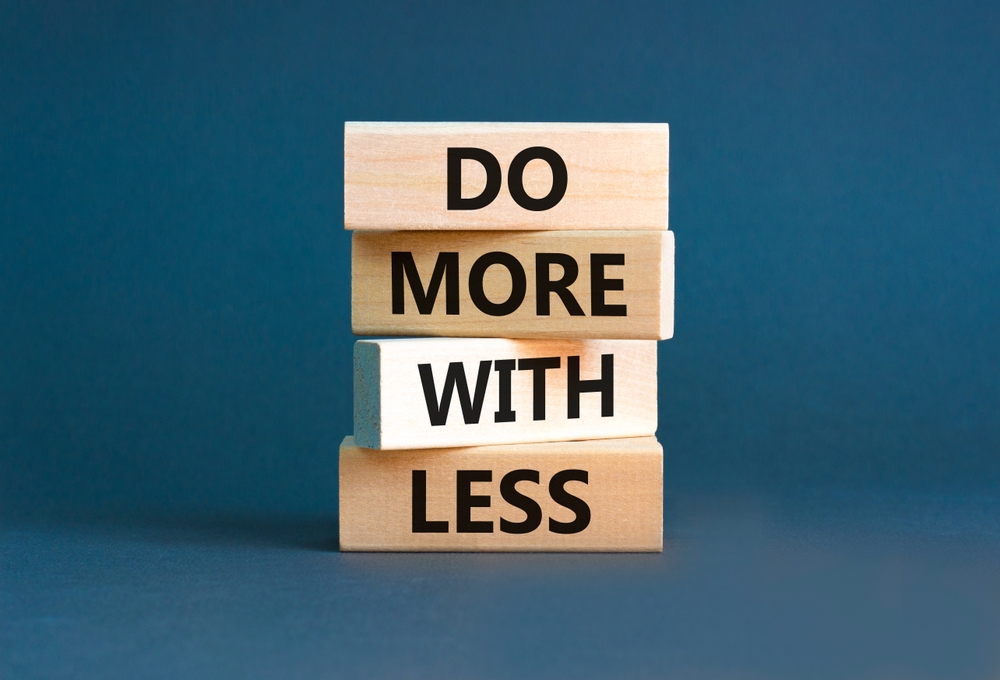Gene Wilder, one of the great comedic actors and screenwriters of our lifetime, passed away this August. Considering he was known for his brilliant comedic timing and charm, some may find it surprising that what Wilder believed in most deeply as an artist and professional wasn’t witty improvisation or performative flamboyance, but the value of the revisionary process. Wilder was known to say that there was “no such thing as writing—there’s only rewriting.” A lifelong dreamer and achiever, he knew that great insight and outcomes aren’t made in flashy moments in front of the screen, but in the daily, cumulative gains that people make in the reevaluating, mistake-laden work of trying—the unglamorous process of trial and error that is essential to becoming better.
Another way to frame “rewriting”, as Wilder called it, is to view professional effort as “mistake-making”, and work itself as constituted by a series of vital, calculated and beneficial mistakes. Or, as a piece in Forbes so succinctly put it, “Mistakes are not failures, they are simply the process of eliminating ways that won’t work in order to come closer to the ways that will.” Veteran professionals like wahves evidence how true this is, with the knowledge and insight they’ve gained from making smart mistakes. In this same way, Gene Wilder wasn’t charming and loveable and successful as Willy Wonka or Dr. Frankenstein just because he showed up charismatically on set and knew how to deliver a punchline—he wowed the world because behind the set and out of the camera’s frame was a man erasing, scribbling, and scratching notes, testing out new interpretations of a scene, raising questions of character and plot—always revising in the pursuit of becoming better.
Wilder said “there’s only rewriting”, because continually pushing the boundaries of what we know so as to catalyze us forward is the heartbeat of a life that grows. A life that is dynamic, personally and professionally, hinges on living out revision, and absorbing as well as sharing the wisdom it generates. Wahves are people who’ve learned deeply along the way and built lots of experience—professionals who have had time to make good mistakes and convert the results of their experimenting into innovation and insight. Their value and contributions, like Wilder himself, aren’t to be taken for granted—it’s a lifetime’s work of making mistakes, “the stepping stones to moving outside the comfort zone to the growing zone where new discoveries are made and great lessons are learned”—to become the talented and vital professionals they are today.












0 Comments